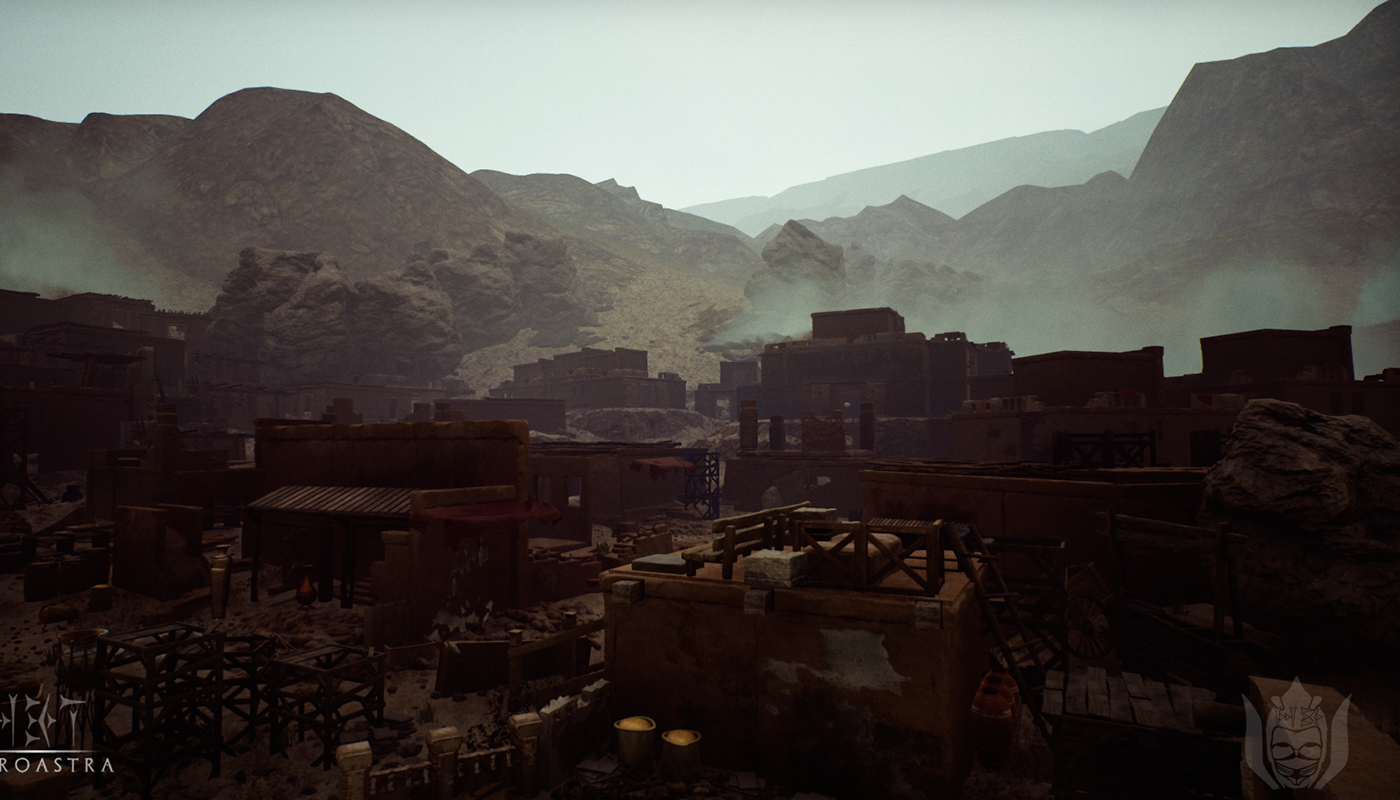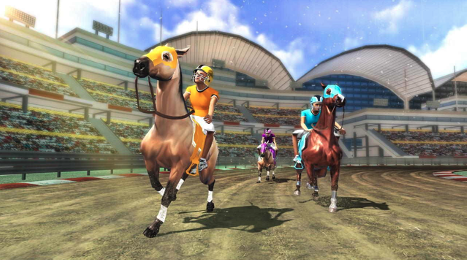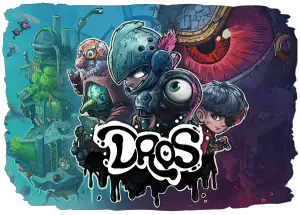It’s been over a week now since Dario Rad Mahmodi announced Zoroastra, and really what I’ve taken away from his pitch is that he’ll make a better computer engineer that I ever did. I have however become more so fascinated with ancient Mediterranean history for close to three years, and this first-person adventure fits in nicely.
https://youtu.be/wnT3BAtdgRU
All you need to know before watching the game-play trailer – that should perhaps be called a short for the 8-odd minutes that it runs – is that somewhere around alternate 700 B.C., the gods of the era had too much human and decided to annihilate the species altogether.
Cultures were lost and so were masses, yet from the ashes rose a Demigod concerned with restoring it all from scratch. Normally one would leave him about his business but not Zoroastra’s protagonist; he’s out to solve the riddle of life and has reincarnation to count on lest he fail.
At the crux of this vast open world journey is continuous player progression; waking up in a mysterious room with an array of skills and body-pertinent statistics. The former tie in to the technology of crafting, building and fortifying habitations for yourself, while the latter influence physical performance.

It’s remarkable how Zoroastra encourages you to make use of these as you please; sure you can choose to build/forage less and wander more, but when push comes to shove and you’re in need of smart weaponry, you may very well find yourself lacking.
Similarly your character has to eat, drink, exercise and do so properly should he wish to age well; opting for a more survivalist personality against the elements of nature however might reduce the effects of hunger/thirst, which in turn makes survival against wild beasts/prey less likely.
Of course you don’t have to be all that mighty of a hunter either; liberating militarized towns, exploring tombs and vast cities will often bring to the surface loot spanning exotic bars of gold to basic bakery items.

Dying during any of this acts as a soft reset – you lose a significant amount of your body-bound stats, but your skills/intellect persist through subsequent playthroughs.
At this point I’d like to go on at length about the game’s exploratory segments that cover expanses influenced by the likes of the Egyptian, Persian, Phoenician and Grecian empires, but I wouldn’t do them justice.
Forests, mountains and plains teem with flora/fauna/interactive sites over roughly 70 square kilometers, and even if you don’t have the patience to sit through the entire trailer, I recommend tuning in to 5:55 to see what I mean.

I also love how each of the first-person camera takes you up close and personal with each of the protagonist’s activities as opposed to having on-screen numeric/UI simulate things.
As you can also tell by now, all the above is very functional/semi-finished and may plausibly appear on Steam circa Q4 2018/Q1 2019. Even so a little financial support doesn’t hurt, and so Daro’s put together a neat Indiegogo that does a better job at explaining his project than I am.










